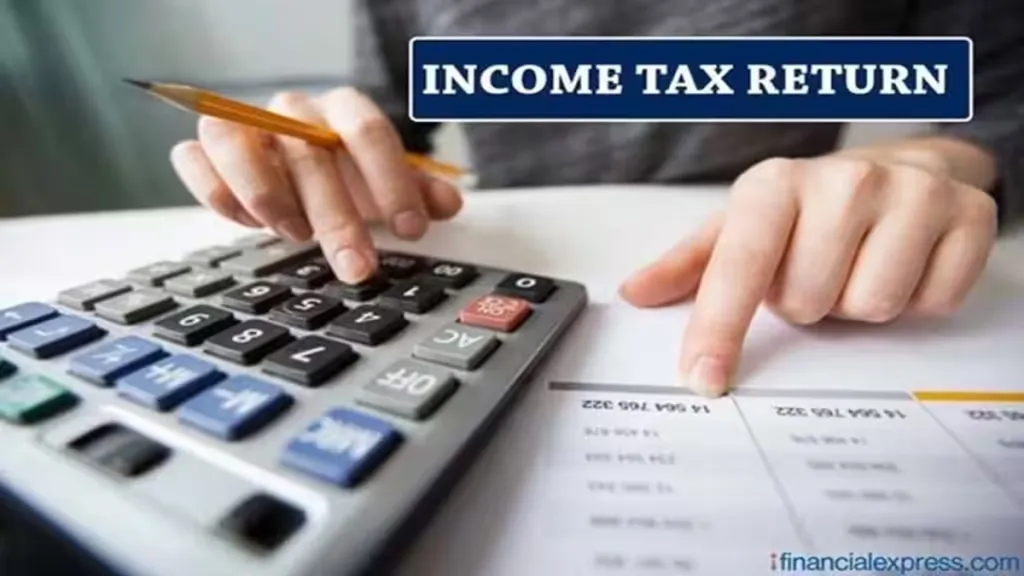With normal ITR filing deadline coming to an end and income tax refunds starting to get processed, scammers have started sending phishing messages containing a link to taxpayers falsely claiming that there ITRs have been processed and a certain amount is approved as a refund.
Tax filers are cautioned that the Income Tax Department never quotes any amount in the message or email about refund and if any refund amount is there you will get to know about it only after opening the attachment of ITR acknowledgement.
This is not the first time such fake ITR refund emails and messages are doing the rounds. Every year, after the Income Tax Department starts issuing refunds after the original return filing deadline gets over, scammers try to seize this opportunity to scam individual taxpayers who eagerly await tax refunds from the government.
I-T Dept cautions taxpayers against fake emails
In response to such fake emails and messages, the Income Tax Department keeps sharing cautionary advice to spread awareness among taxpayers so that they don’t fall prey to such fraudsters. In the last three days after the July 31 ITR filing deadline, many people have received phishing messages asking them to click a link in the email or message to verify their bank account to get income tax refunds.
The message reads, “You have been approved a tax refund of Rs 15,490/- the amount will be credited to your account number 5xxxxx6755. If this is not correct please update your bank account information by visiting the link below.”
Also read: Income Tax Return: Can you revise your ITR after receiving a notice from the Income Tax Department?
Never share card details or e-veify bank account clicking the link
Tax filers should also remember that the tax department never sends you any such link for a refund. Also, you should never provide debit card or credit card details as asked in the message as this is a phishing scam to get your card details.
The Income Tax Department never seeks detailed personal information like your PIN numbers, passwords, DoB or other details for credit cards, banks or other financial accounts.
Scammers are tricking taxpayers into updating their bank account information through fraudulent links. Be cautious of sharing any sensitive information and always verify the authenticity of messages before taking any action related to your income tax returns.

